Two people test positive for bird flu on farm in England
There is currently no evidence of the virus being transmitted between humans
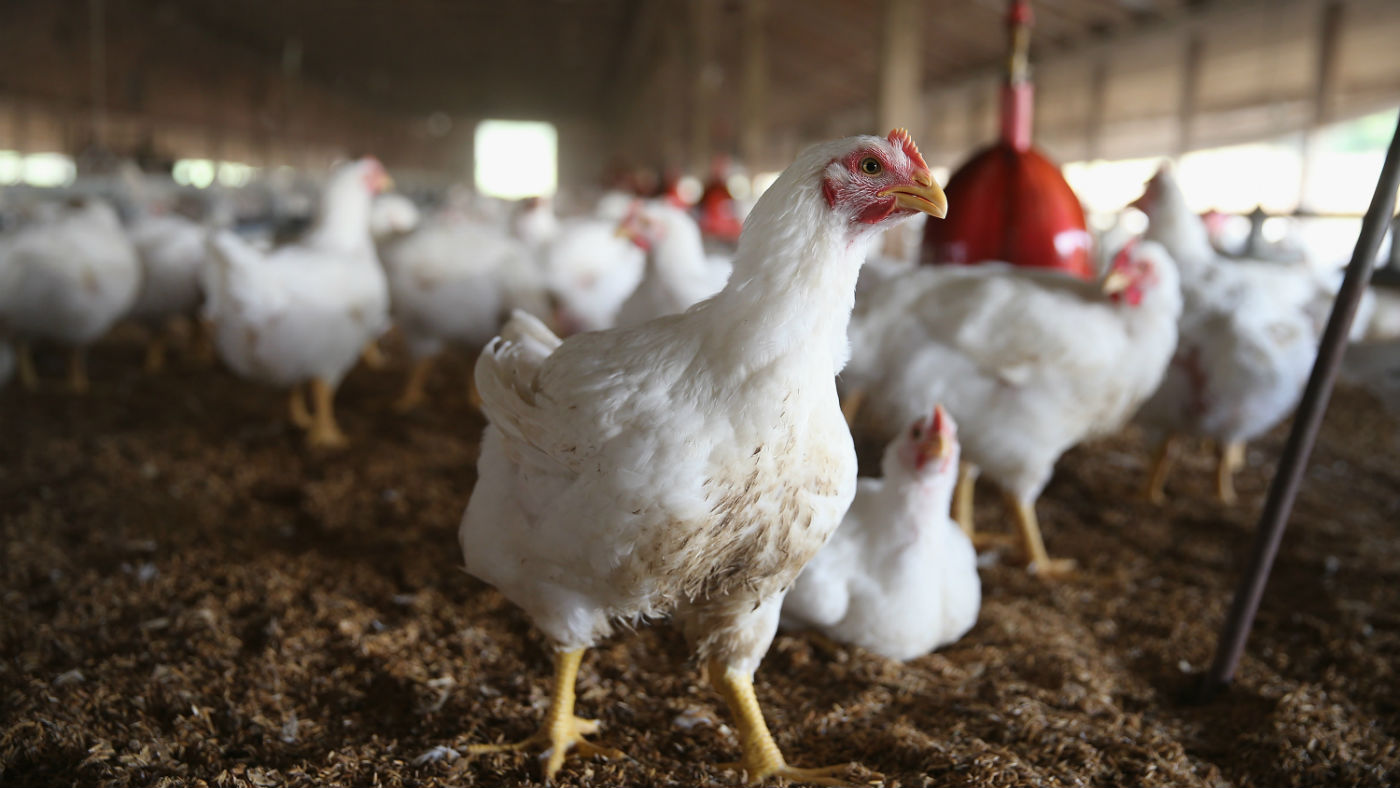
A free daily email with the biggest news stories of the day – and the best features from TheWeek.com
You are now subscribed
Your newsletter sign-up was successful
Two poultry workers in England have tested positive for bird flu, the UK Health and Security Agency (UKHSA) has announced.
Both had recently worked on an infected poultry farm and have since tested negative. The two cases were originally found during routine screening and neither worker experienced symptoms of avian influenza.
Bird flu detected in humans can either be a “true infection” or can occur “after the nose and throat are contaminated when breathing in materials on the affected farm”, said Sky News.
The Week
Escape your echo chamber. Get the facts behind the news, plus analysis from multiple perspectives.

Sign up for The Week's Free Newsletters
From our morning news briefing to a weekly Good News Newsletter, get the best of The Week delivered directly to your inbox.
From our morning news briefing to a weekly Good News Newsletter, get the best of The Week delivered directly to your inbox.
It is “unclear” in one of the two latest cases whether he was contaminated after inhalation or whether he was truly infected, added the outlet.
There are no signs of human-to-human transmission and the risk to the general population remains very low, the UKHSA said. Nevertheless, added a spokesperson, “we know that viruses evolve all the time and we remain vigilant for any evidence of changing risk to the population”.
Since December 2021, there have been just 13 human cases reported around the world. All of the cases occurred when the individuals came into close contact with infected poultry.
Although there is “no suggestion” H5N1 can pass between humans, if the virus did evolve to transmit between people, asymptomatic cases “would be a serious concern”, said the i news site.
A free daily email with the biggest news stories of the day – and the best features from TheWeek.com
The spread of bird flu to mammals, including foxes and otters in Britain, has stoked fears that the virus could one day pass between humans in a pandemic like Covid-19.
Professor James Wood, head of veterinary medicine at the University of Cambridge, told the BBC that the finding should lead to “greater attention” on asymptomatic infection and sampling.
Chas Newkey-Burden has been part of The Week Digital team for more than a decade and a journalist for 25 years, starting out on the irreverent football weekly 90 Minutes, before moving to lifestyle magazines Loaded and Attitude. He was a columnist for The Big Issue and landed a world exclusive with David Beckham that became the weekly magazine’s bestselling issue. He now writes regularly for The Guardian, The Telegraph, The Independent, Metro, FourFourTwo and the i new site. He is also the author of a number of non-fiction books.
-
 Why is the Trump administration talking about ‘Western civilization’?
Why is the Trump administration talking about ‘Western civilization’?Talking Points Rubio says Europe, US bonded by religion and ancestry
-
 Quentin Deranque: a student’s death energizes the French far right
Quentin Deranque: a student’s death energizes the French far rightIN THE SPOTLIGHT Reactions to the violent killing of an ultraconservative activist offer a glimpse at the culture wars roiling France ahead of next year’s elections
-
 Secured vs. unsecured loans: how do they differ and which is better?
Secured vs. unsecured loans: how do they differ and which is better?the explainer They are distinguished by the level of risk and the inclusion of collateral
-
 Carnivore diet: why people are eating only meat
Carnivore diet: why people are eating only meatThe Explainer 'Meatfluencers' are taking social media by storm but experts warn meat-only diets have health consequences
-
 Bird flu: The viral threat pushing up egg prices
Bird flu: The viral threat pushing up egg pricesFeature
-
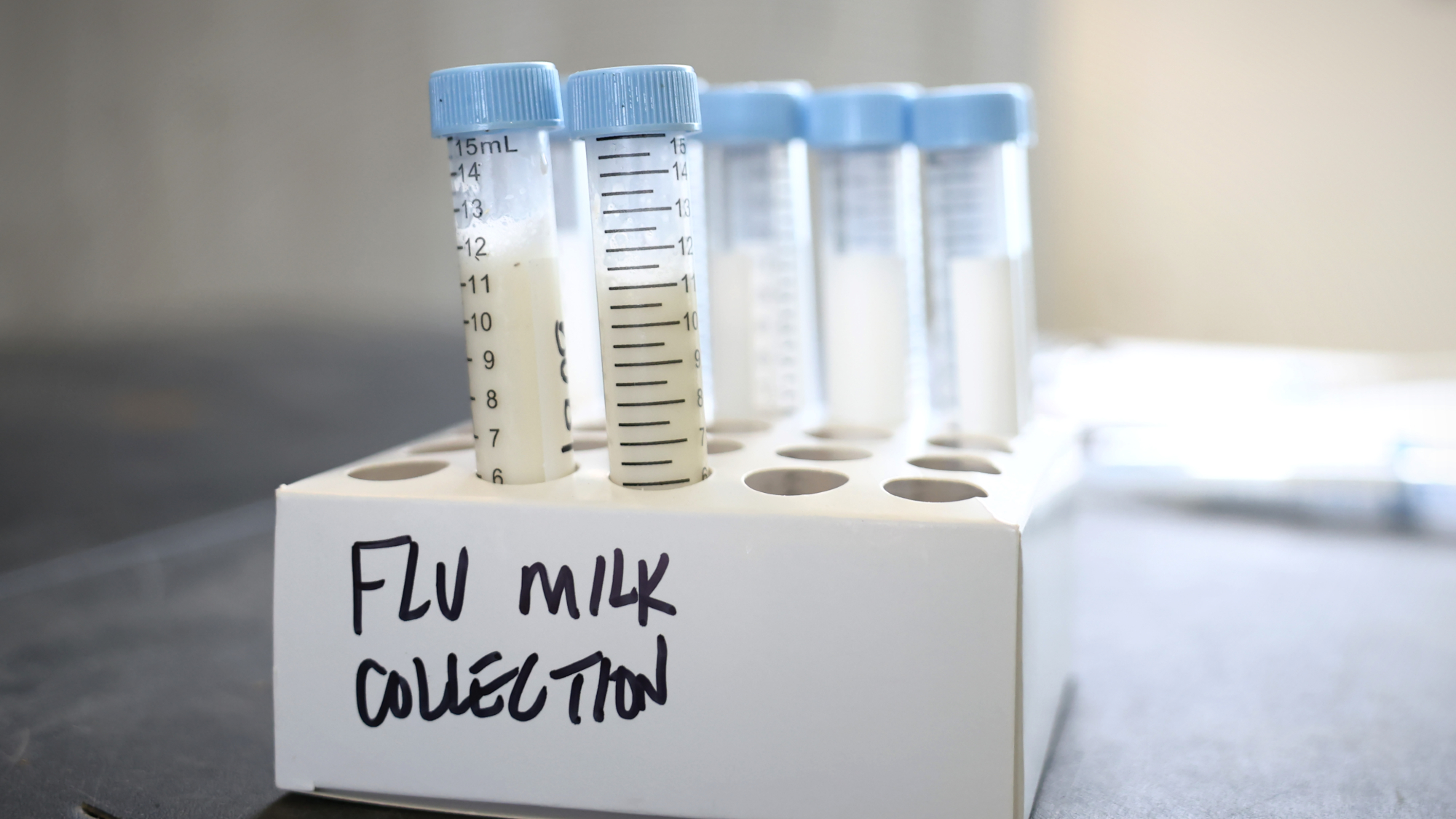 New form of H5N1 bird flu found in US dairy cows
New form of H5N1 bird flu found in US dairy cowsSpeed Read This new form of bird flu is different from the version that spread through herds in the last year
-
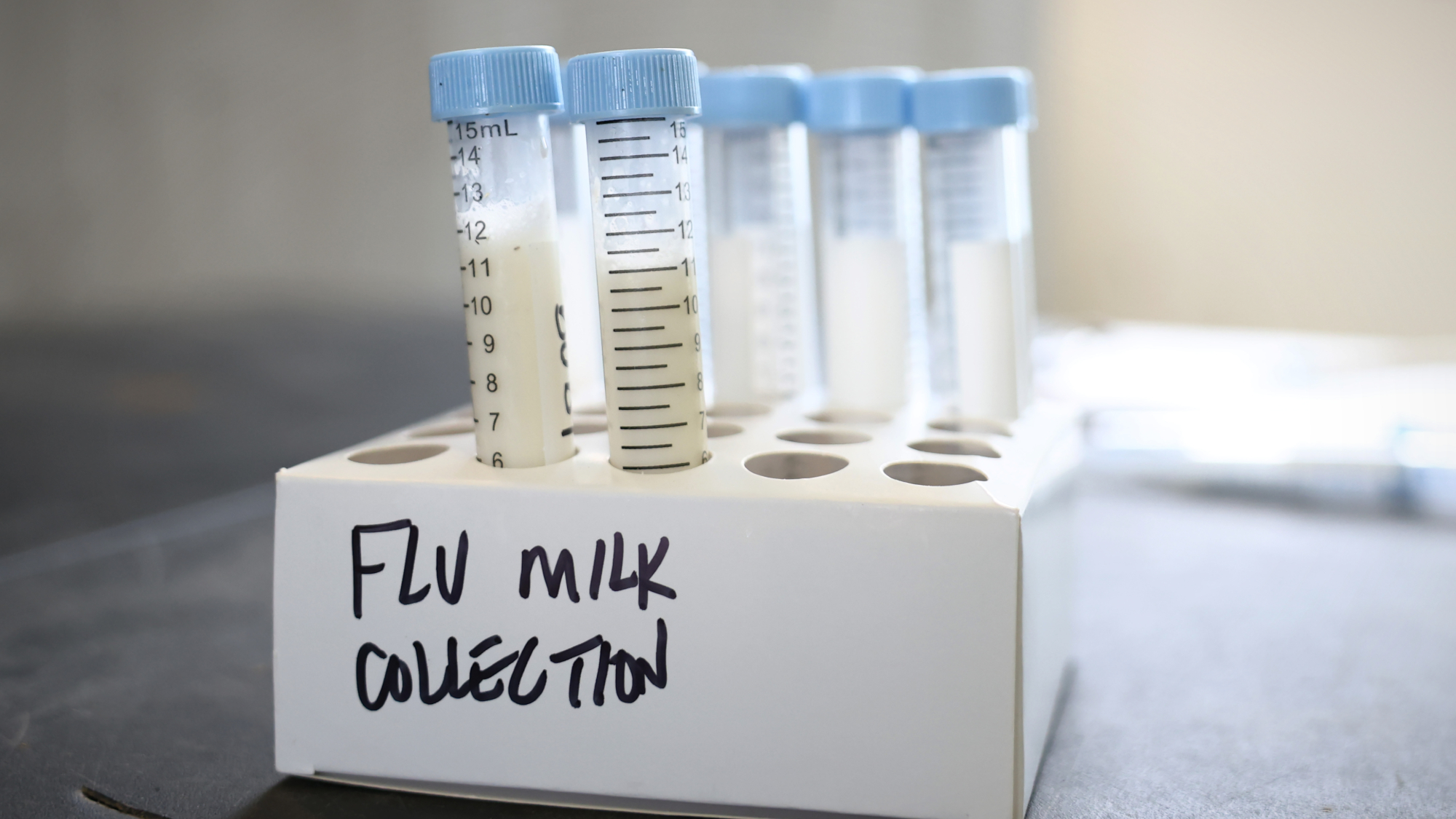 California declares bird flu emergency
California declares bird flu emergencySpeed Read The emergency came hours after the nation's first person with severe bird flu infection was hospitalized
-
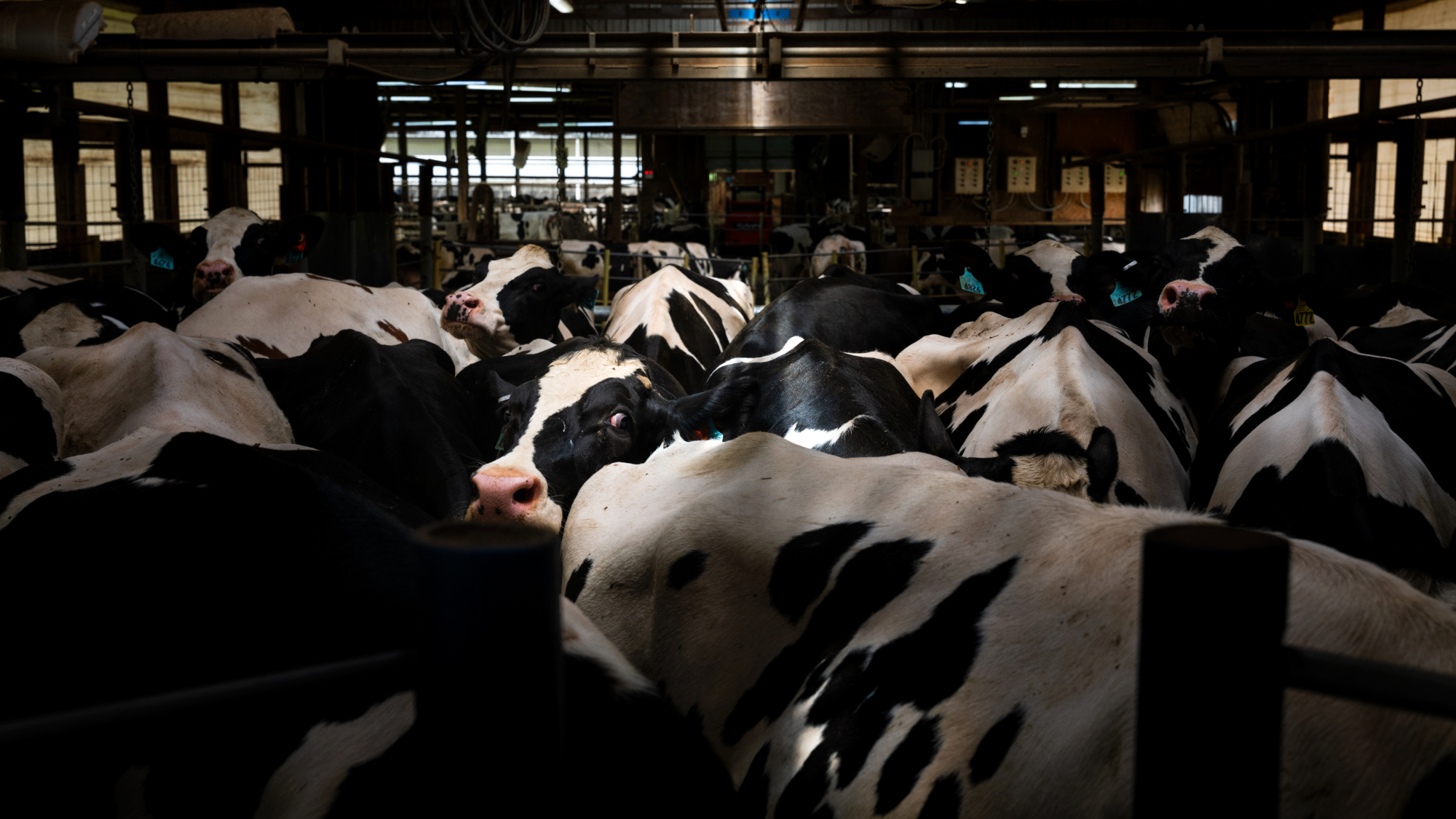 Bird flu one mutuation from human threat, study finds
Bird flu one mutuation from human threat, study findsSpeed Read A Scripps Research Institute study found one genetic tweak of the virus could enable its spread among people
-
 Mold, bugs at listeria-linked Boar's Head meat plant
Mold, bugs at listeria-linked Boar's Head meat plantSpeed Read Food safety inspectors reported many violations at a Virginia plant that has been linked to a nationwide deli meat recall
-
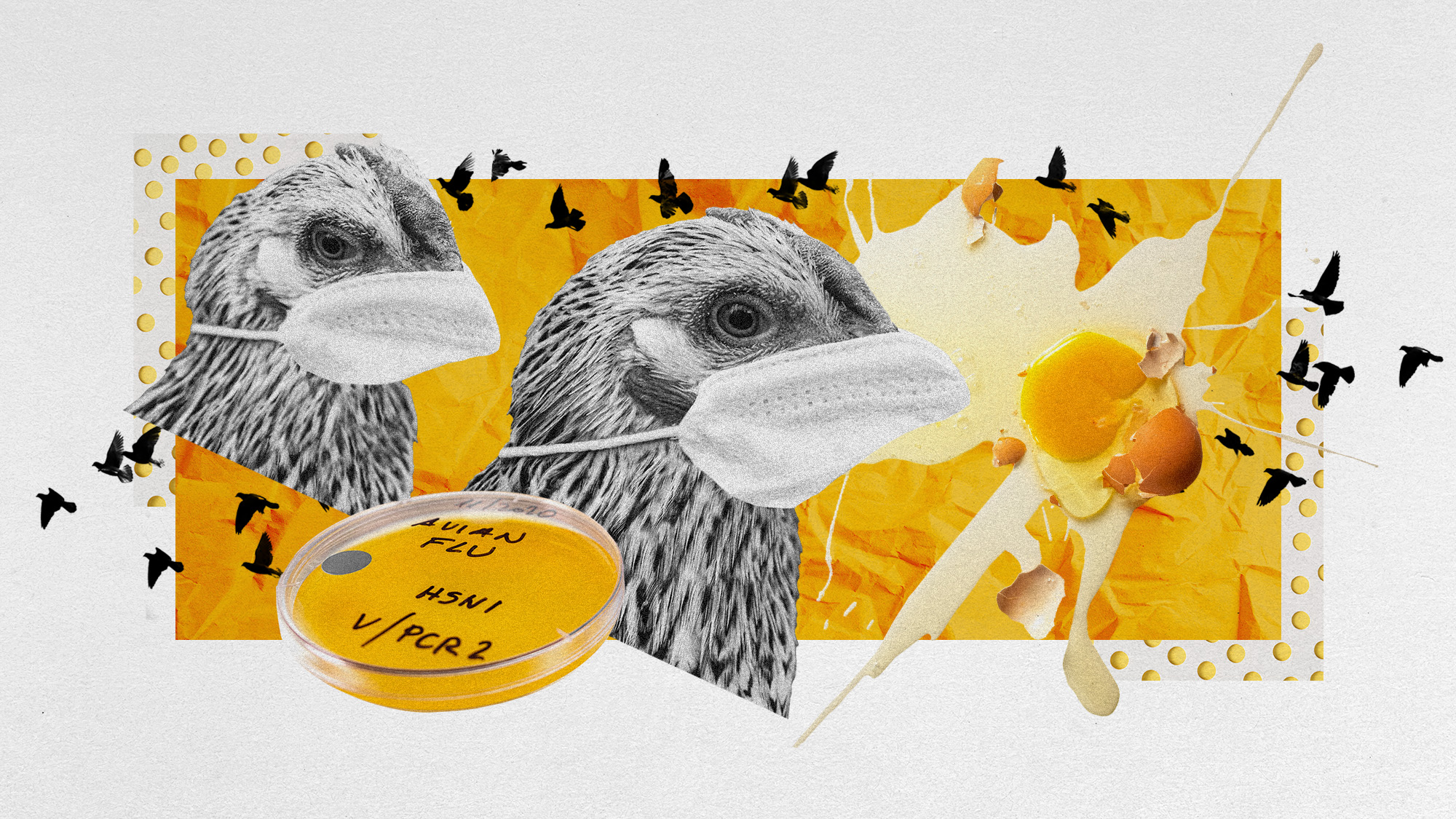 The bird flu fight is faltering
The bird flu fight is falteringTalking Points Are pandemic lessons going unheeded?
-
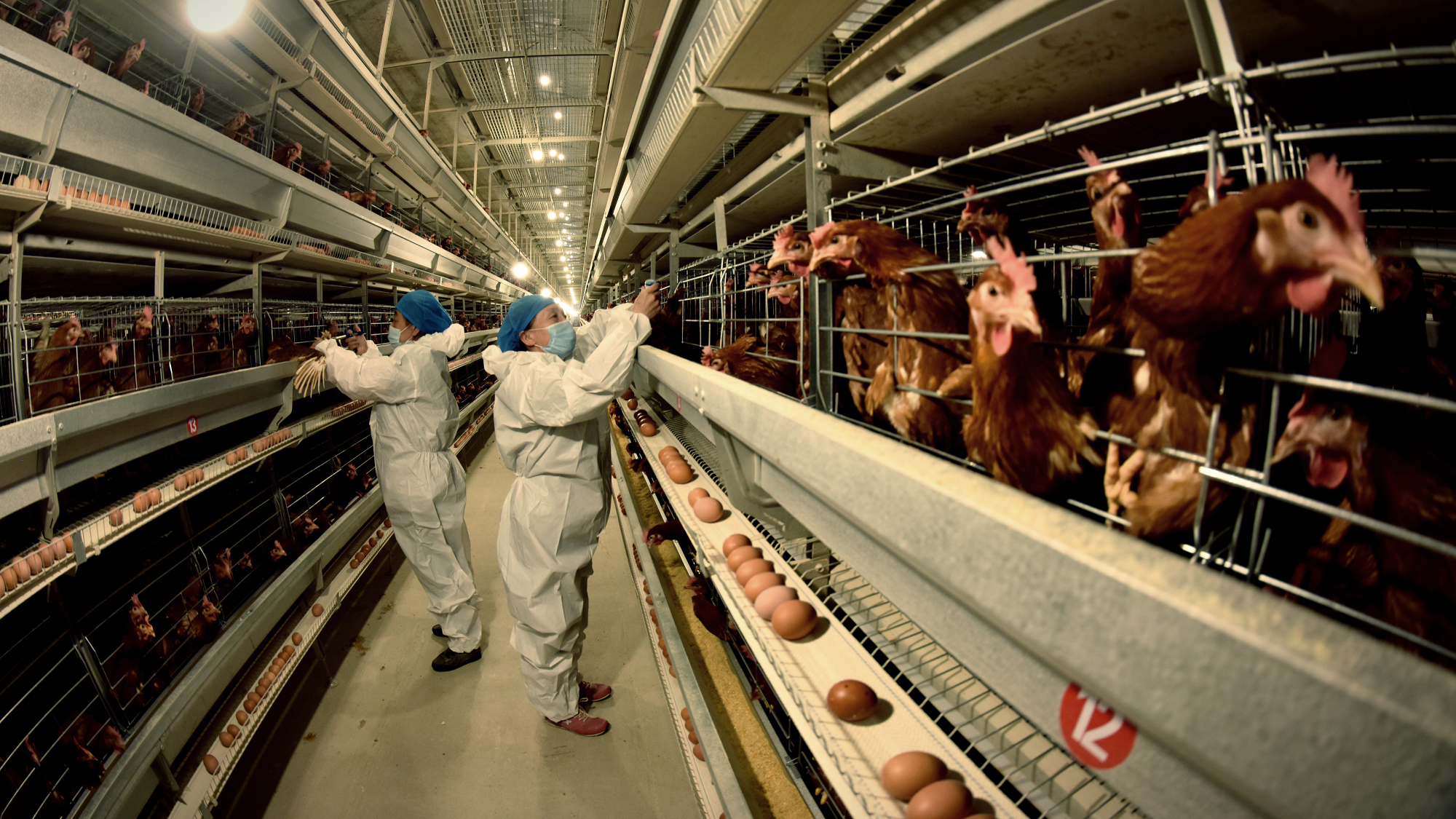 Bird flu worries mount as virus found in milk, cows
Bird flu worries mount as virus found in milk, cowsSpeed Read The FDA found traces of the virus in pasteurized grocery store milk